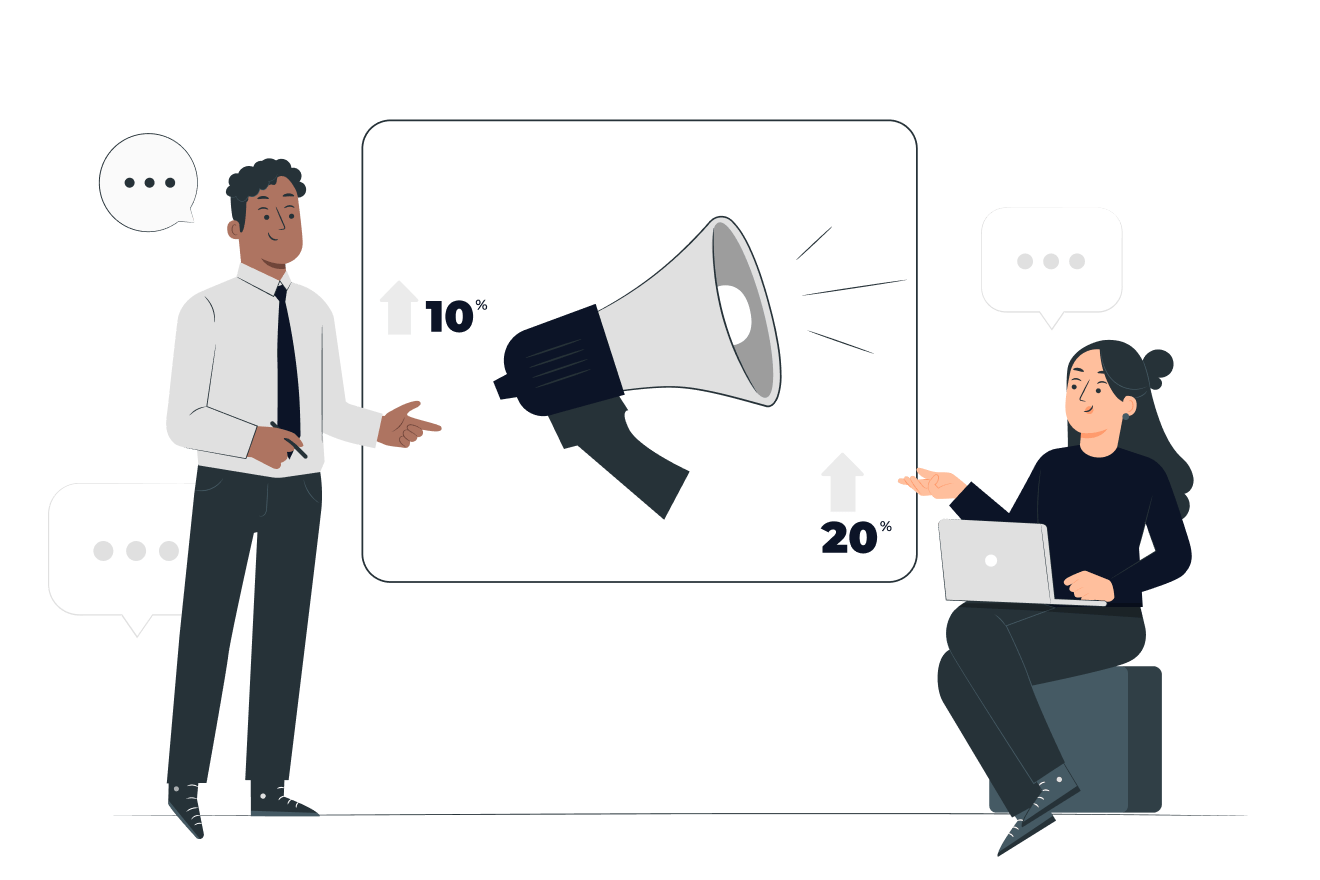
Many website owners invest time and effort into optimizing their pages with relevant keywords, expecting quick visibility on Google. However, it’s common to encounter situations where, despite thorough SEO work, your website remains unseen in search results. Let’s explore the common reasons behind this issue and practical solutions to improve your visibility.
Problem – Website Not Indexed Yet
Even with SEO optimization, Google needs to crawl and index your website before it appears in search results. New sites or recently updated content might not have been indexed yet.
Solution – Ensure Your Site Is Indexed
Use Google Search Console to check if your site is indexed. Submit your sitemap and request indexing for new pages. Use the “URL Inspection” tool to see if specific pages are crawled and indexed.
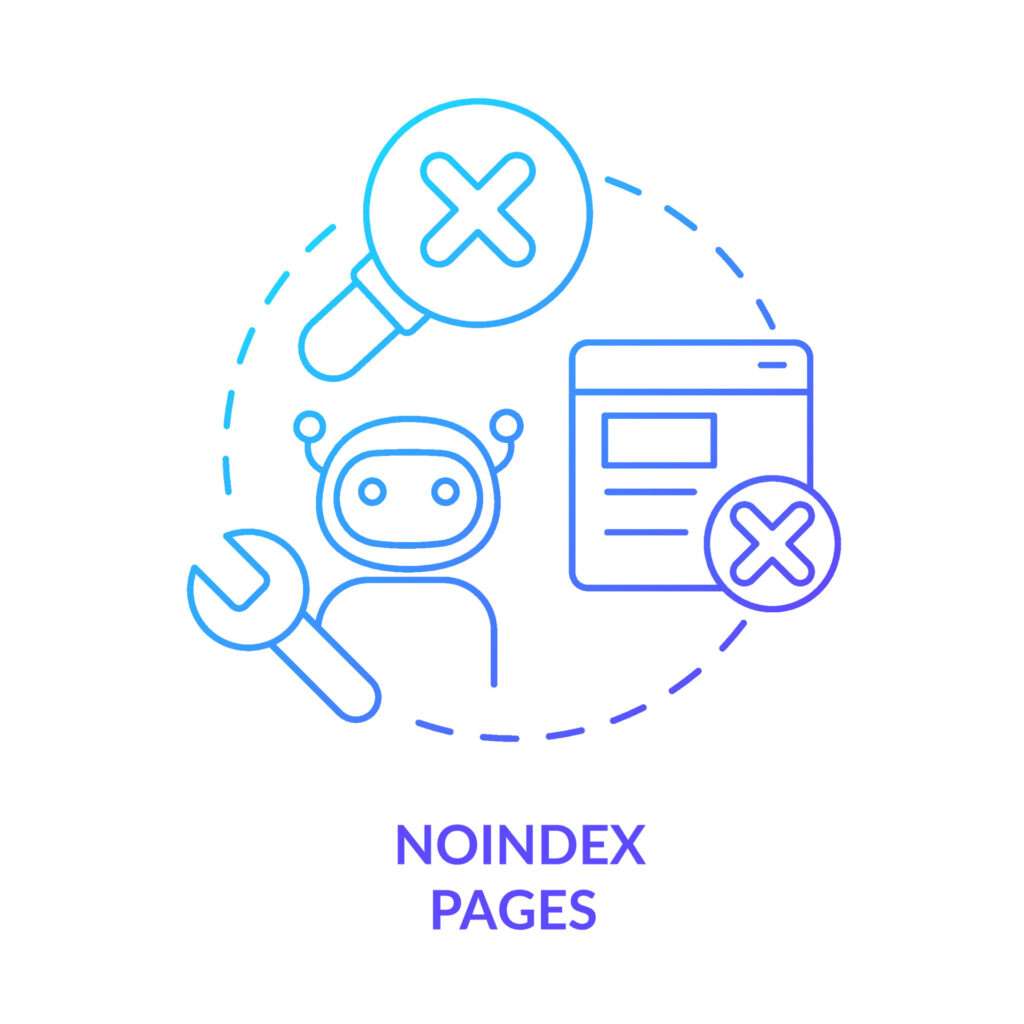
Problem – Technical SEO Issues
Problems such as blocked pages via robots.txt, no sitemap submitted, or broken links can prevent Google from crawling or properly understanding your site.
Solution – Improve Technical SEO
- Remove any “noindex” tags from important pages.
- Ensure your robots.txt file isn’t blocking Google.
- Create and submit an XML sitemap.
- Fix broken links or 404 errors.
- Optimize your site speed and mobile usability.
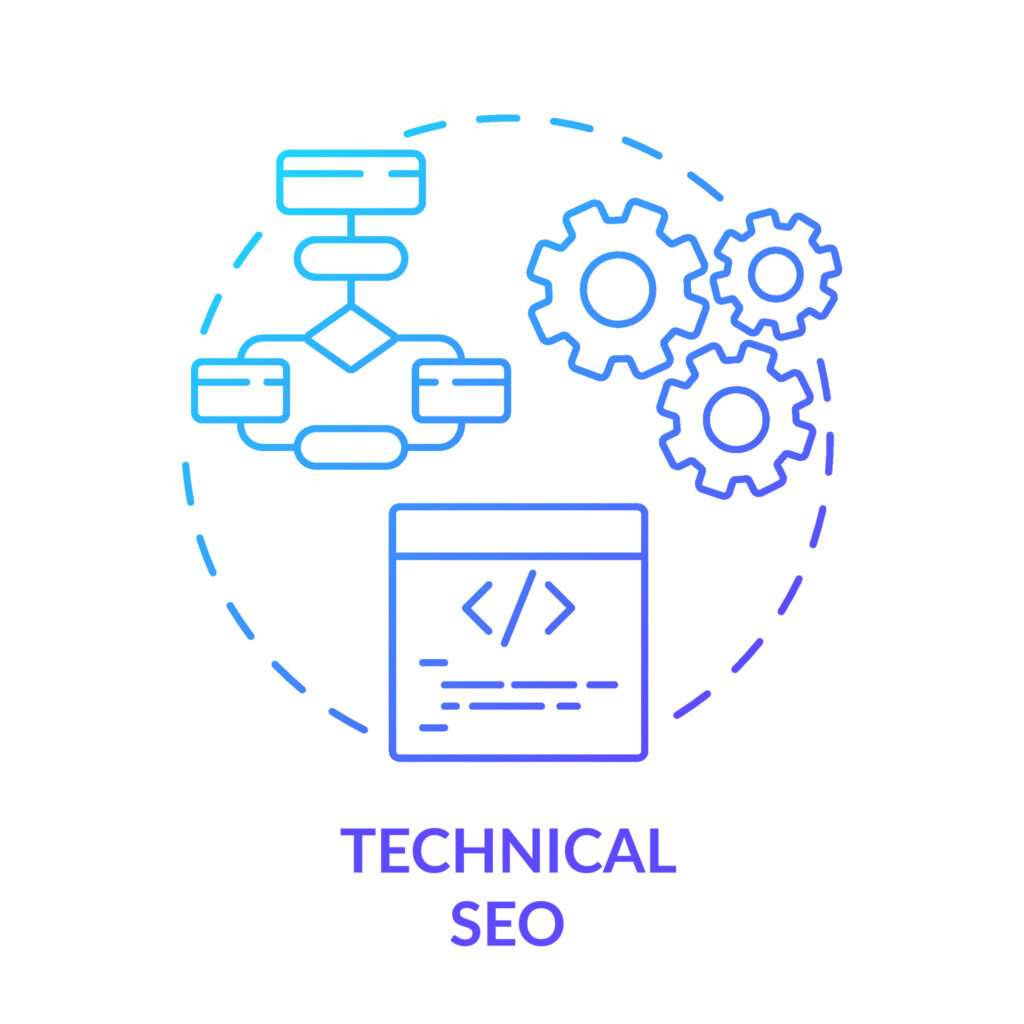
Problem – Poor Keyword Optimization or Keyword Stuffing
Using keywords excessively or ineffectively can lead to penalties or confuse search engines about your content’s relevance.
Solution – Create Quality, Relevant Content
Instead of keyword stuffing, focus on creating valuable content that naturally incorporates your target keywords. Use variations and long-tail keywords for better targeting.
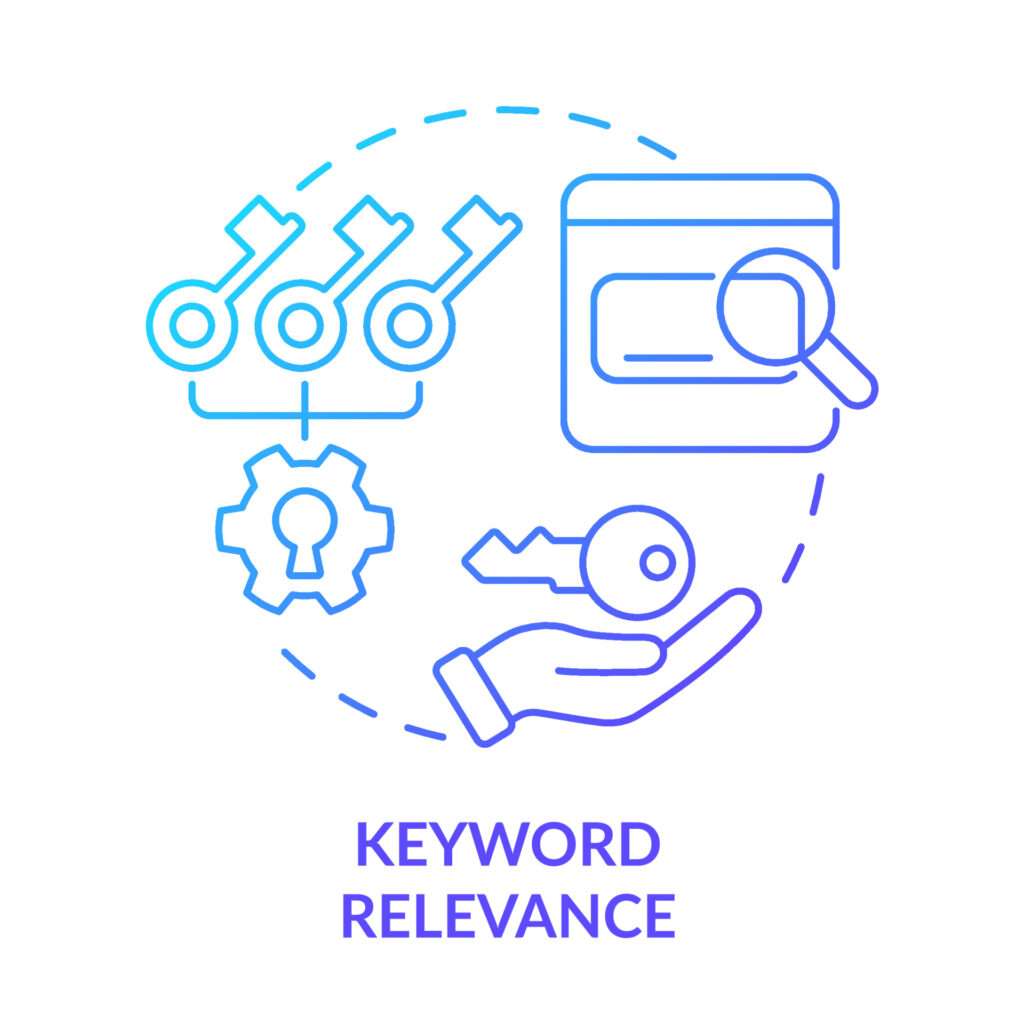
Problem – Insufficient Backlinks and Authority Signals
Search engines consider backlinks from reputable sources as a sign of credibility. Lack of backlinks can hinder ranking.
Solution – Build Backlinks and Increase Authority
Engage in outreach, guest blogging, and content marketing to earn backlinks from reputable sites. Social media sharing can also help increase your site’s visibility.
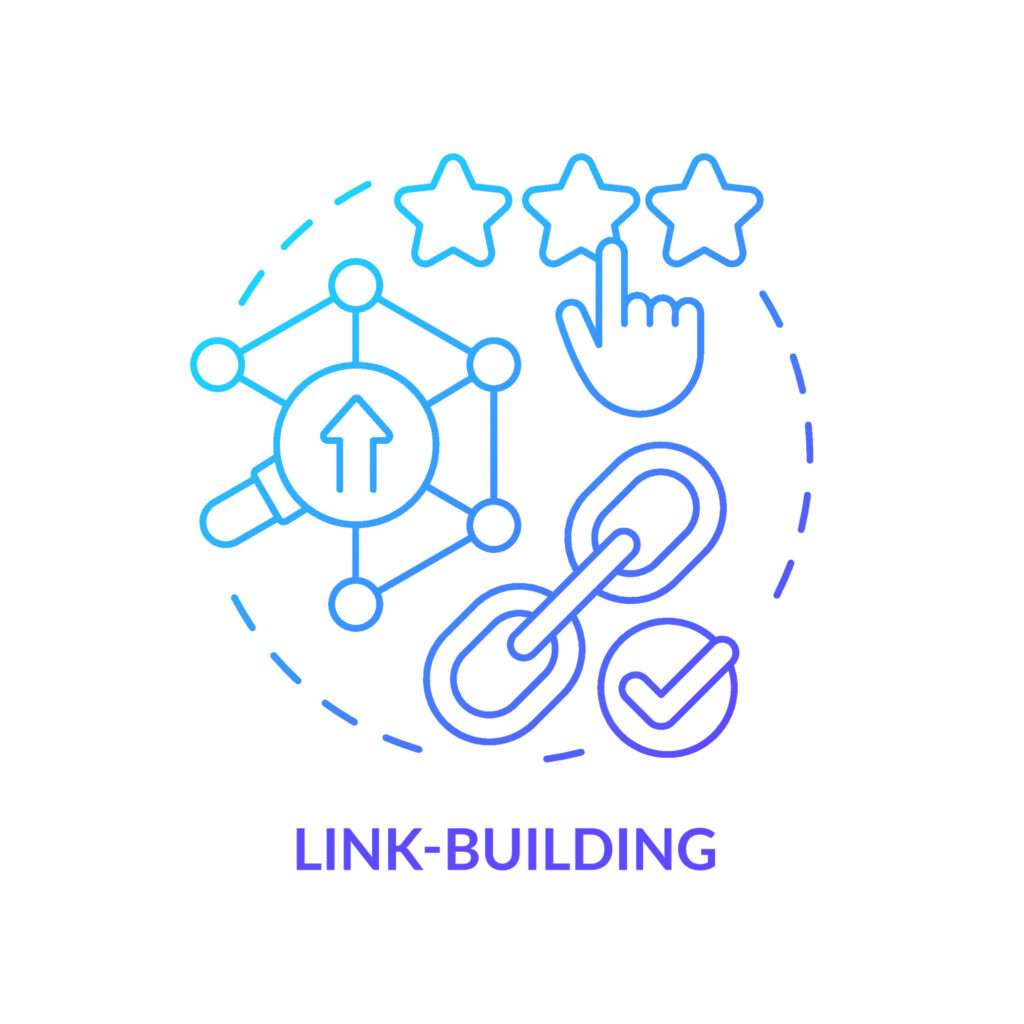
Problem – Competition and Keyword Difficulty
Targeting highly competitive keywords without proper strategy can prevent your site from ranking on the first pages.
Solution – Review Keyword Strategy
Target keywords that match user intent and have a reasonable competition level. Use tools like Google Keyword Planner, Ahrefs, or SEMrush to find suitable keywords.
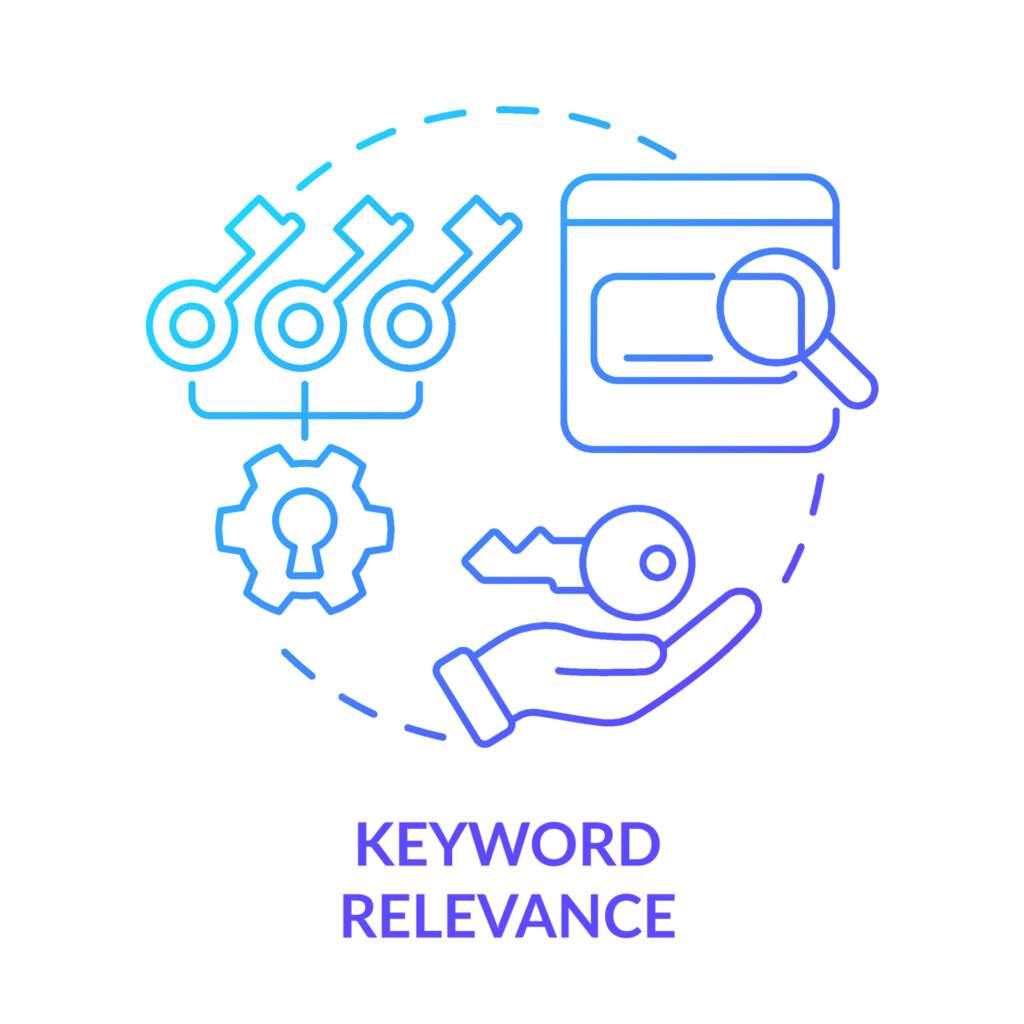
Problem – Low Domain Authority or Trust
Targeting highly competitive keywords without proper strategy can prevent your site from ranking on the first pages.
Solution – Be Patient and Consistent
Building domain authority takes time. Continue to produce quality content, earn backlinks, and engage with your audience consistently.

Additional Tips to help your website rank higher
- Improve User Experience (UX)
Ensure your website is user-friendly, mobile-responsive, and fast-loading. A positive user experience can lead to higher engagement and reduce bounce rates, signaling trustworthiness to search engines. - Increase Social Signals
Promote your content across social media platforms. Social shares and engagement can indirectly boost your authority and drive traffic to your site. - Establish Your Brand and Online Presence
Create consistent branding, profiles on major platforms, and local citations if applicable. Being present across multiple channels helps build trust and recognition. - Utilize Google My Business
For local websites, optimize your Google My Business listing, gather positive reviews, and keep your information accurate. Local signals contribute to perceived trustworthiness.
Conclusion
Getting your website to rank on Google requires a combination of technical SEO, quality content, and authority-building practices. Start with the basics—make sure your site is indexable and technically sound—and then focus on creating valuable content and earning reputable backlinks. Consistency and patience are key in achieving higher rankings in search results.



